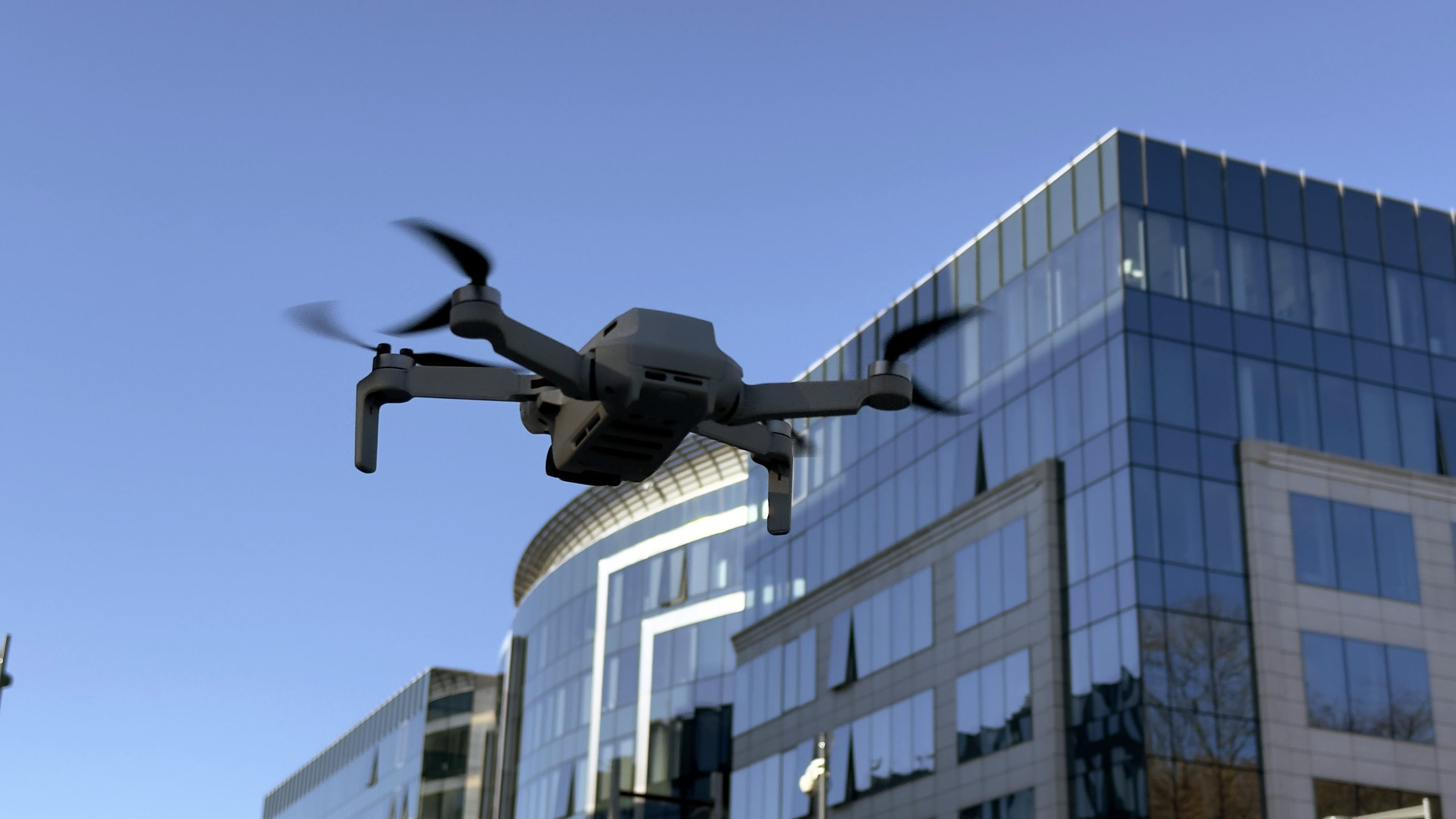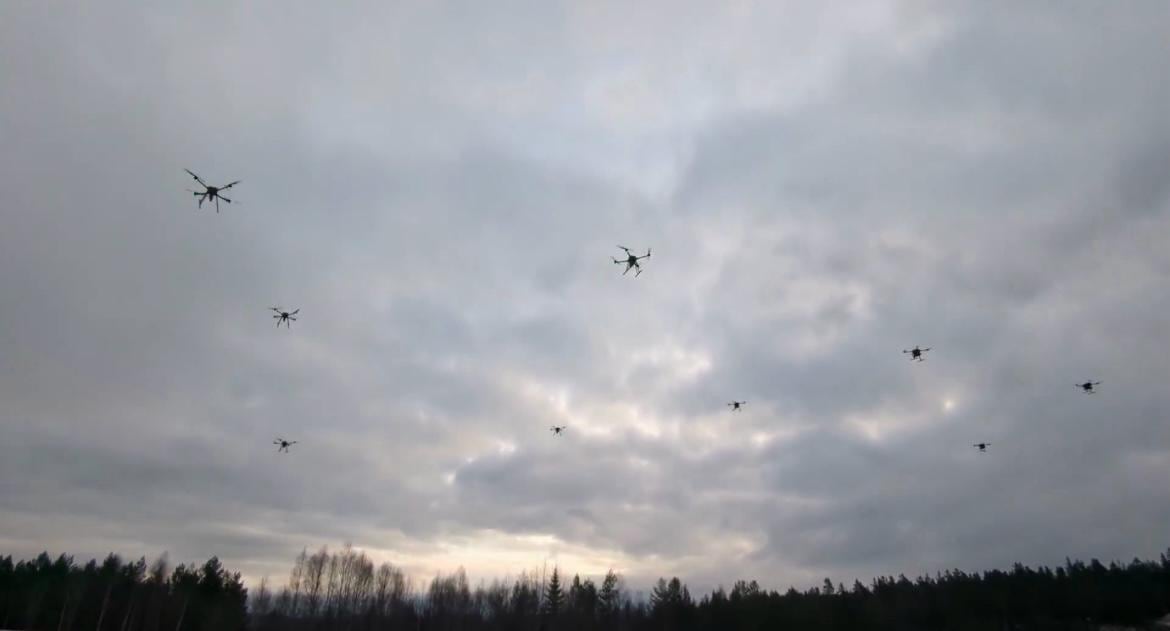Among the challenges the U.S. faces in the 21st century — from geopolitical challenges such as Brexit to regional challenges such as Russia and Iran to violent extremism — cyber tops the list of threats for the former supreme allied commander at NATO.
Retired Adm. James Stavridis, who is now the dean at the Fletcher School of Law and Diplomacy at Tufts University, said cyber worries him the most because the U.S. and its allies are relatively well prepared to respond to the other challenges he listed.
Ukraine, Estonia, Latvia, Georgia, to name a few, have all undergone a cyberattack at some time in the last few years, said Stavridis, speaking Feb. 21 via teleconference at the AFCEA West conference in San Diego, California. This signifies how cyber can facilitate big nations attacking small nations.
But the asymmetric nature of cyber also allows small nations to attack big nations in ways they could not previously. He cited the ability to attack electrical grids, which are connected through cyberspace, as one example.
He also cited the attack on Sony Pictures perpetrated by North Korea in retaliation for the film "The Interview," in 2014. Since North Korean leader Kim Jong Un didn't like the satirical film that depicted a functional plot by the CIA to assassinate the leader, he unleashed cyber warriors against Sony and did tens of millions of dollars of kinetic damage against Sony, Stavridis said.
This cyber challenge is very dangerous because we are relatively unprepared as compared to the other challenges in the world, Stavridis concluded.
Mark Pomerleau is a reporter for C4ISRNET, covering information warfare and cyberspace.








